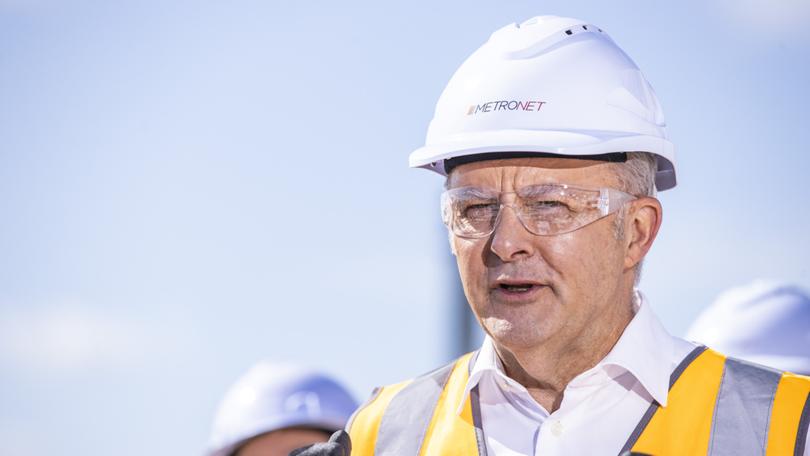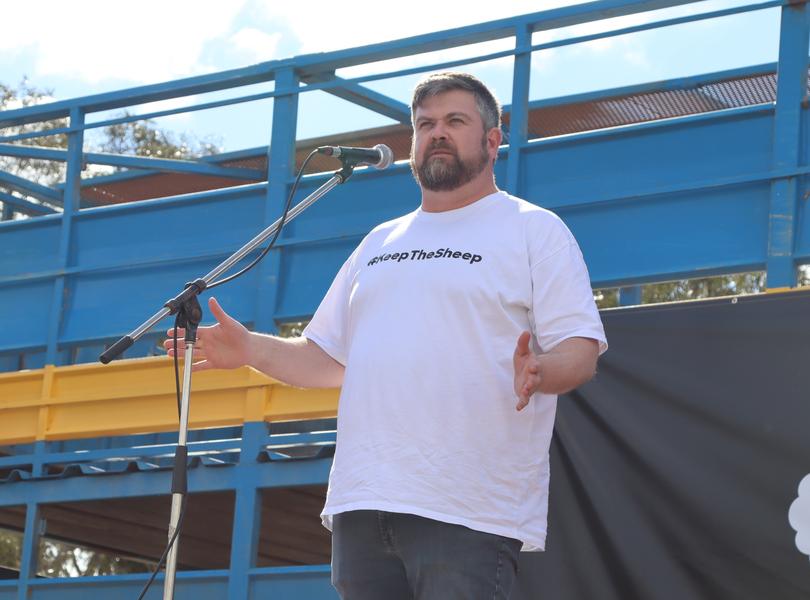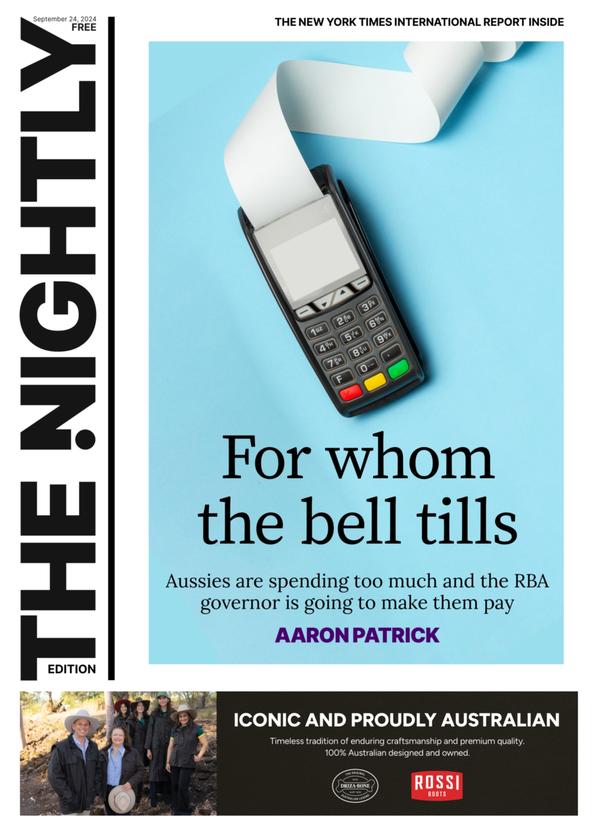Prime Minister Anthony Albanese accused of ‘playing the man’ after swipe at ‘Keep the Sheep’ slogan

Keep the Sheep campaigners have accused Prime Minister Anthony Albanese of “playing the man, not the ball” after he took another swipe at their fight to save the live export trade.
During a one-day visit to Perth on Tuesday, Mr Albanese said if campaigners were so confident the public supported their cause they would have called it “Keep Exporting Live Sheep” – not “Keep the Sheep”.
It is not the first time Mr Albanese has picked on the slogan after mocking the use of the phrase “keep” to describe a fight to preserve an export trade.
Sign up to The Nightly's newsletters.
Get the first look at the digital newspaper, curated daily stories and breaking headlines delivered to your inbox.
By continuing you agree to our Terms and Privacy Policy.Keep the Sheep spokesperson Ben Sutherland said Mr Albanese’s latest comments were “disgusting”.
“When he mocks Keep the Sheep, it shows he’s a keyboard warrior and he’s playing the man, not the ball,” Mr Sutherland said.
“The name ‘Keep the Sheep’ is about keeping sheep numbers up and the entire industry alive.”
Mr Albanese made the comments during an interview with 6PR, which was broadcasting live from Perth Royal Show.
A small group of Keep the Sheep campaigners gathered around the broadcast truck to listen to the Prime Minister’s interview.
When host Gary Adshead told Mr Albanese the campaigners were “shaking their heads in belief that you’re still picking on the slogan”, and questioning why he would “go down that path”, Mr Albanese doubled down.
“You know what they mean. Keep the export industry – that’s what they mean,” Mr Adshead said, to which Mr Albanese responded: “That’s not what they say, that’s not what they say”.
The Prime Minister mounted a similar argument at press conference earlier on Tuesday, when he was pressed on whether the Federal Government was open to increasing the $107 million transition package offered to the sector.
The farmers and the WA Government have described the package as inadequate given the scale of damage the export ban, due to start in May 2028, could inflict on regional communities in WA.
Mr Albanese again left the door open to increasing the fund to help deliver an “orderly” transition.
“Well, $107 million is firm, but if people have got proposals, we’ve said, and I note the WA Government’s been keen on this as well, we’re prepared to engage constructively
He again argued the live sheep trade was in decline, with exports falling below $80 in 2022-23.
That compared to $4.5 billion for sheep meat sales.
“What we want is for the industry, when it comes to farming of sheep, to be more prosperous, for jobs to be value-added here by producing the sheep meat for export, as well as for domestic consumption,” he said.

Australian Live Exporters’ Council chief executive Mark Harvey-Sutton said Mr Albanese didn’t understand the damage the export ban would cause to the wider industry.
“Once again, the Prime Minister has disappointingly shown he doesn’t understand the key economics of the issue and the damage that the forecast drop in flock numbers will do to the entire industry,” he said.
“ALEC has been resolute about the damage this policy will do and that it must be reversed.”
